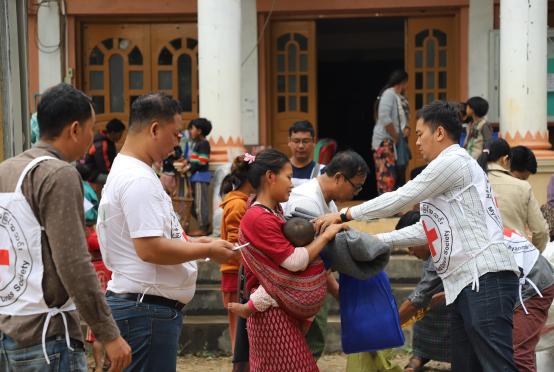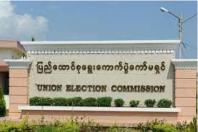by Jagat Bahadur Kunwar
KATHMANDU (The Kathmandu Post/ANN) - We need to start talking about who is gathering our personal information and how they are using it.
It is quite challenging to work as a researcher in Nepal. I had made repeated requests to a UN-based organisation, a US-based think tank and a Nepal-based non-governmental organisation for the raw data they had collected during the survey of a marginalised community. While these institutions did not expressly deny the request, most of the representatives I contacted dodged the issue under one pretext or another. This situation raises some important concerns.
First, the stated mission of these organisations is to empower the community concerned. But it is not possible to empower the community if they are not willing to share the data that concerns our local communities. Second, the report is published in English. So who is the targeted audience? Third, the data has been used to publish at least one journal article which is behind a paywall. What sort of transparency are we talking about? Fourth, there is a need to verify the survey findings because their accuracy has been questioned. There should, therefore, be checks and balances for the claims made.
Lack of transparency
This is a reflection specifically of researches being conducted by non-governmental organisations and international non-governmental organisations in Nepal and broadly of the issue of data privacy. Barring some obvious exceptions, the issue of empowerment seems to be a masquerade for a few select foreigners to further their research careers. It is more so when there is a lack of transparency of the source data, and the findings are reported in an inaccessible medium and language. In the case in question, the community was mobilised for collecting the data concerning themselves. Could it be that a marginalised community is being exploited as a begging bowl for external funding?
As researchers, journalists, concerned citizens, representatives of our particular communities and unbiased observers, we need to check the validity of the claims made so that they do not become a pretext for those without a genuine concern for the research subjects to further their academic careers. Most researches deal with marginalised communities without the ability to access their own information and understand the consequences of the research. Without question, these people are also unaware of the particulars of research ethics and data privacy, even if they are provided with a consent form. Paradoxically, those who ‘own’ the data in the real sense have the least authority over how the information regarding them is represented and utilised.
As citizens, we are constantly bombarded with direct requests for our personal information through survey mediums. Our online and social media behaviours are tracked through indirect and more insidious means without our express consent. But most of us seem oblivious to who is collecting our private data. Neither do we know who is profiting from it. What’s more, we have barely reflected on the compatibility of the data collected with the stated intent. As citizens, we need to be aware of these activities and protest techniques that violate our privacy. One is prone to discard these concerns as a case of extreme paranoia, but that does not make it any less important. It is petrifying to imagine a situation when the data reaches the wrong hands.
This is even more alarming in the Nepali context as there are no appropriate regulatory frameworks to monitor data privacy. The few that exist are antiquated. Very recent regulatory guidelines such as the Individual Privacy Act 2018 are trying to catch up with established protocols such as the Organisation for Economic Co-operation and Development guidelines and EU General Data Protection Regulations. Further, the provisions are woefully inadequate with regard to digital privacy. They are not geared towards academically-oriented researches at all. they also do not effectively regulate the key sectors handling large amounts of consumer data such as internet service providers and mobile service providers, especially those with significant foreign shares. Overall, awareness, dissemination and implementation of such provisions are minimal.
Database of citizens
On the other hand, a well-designed database of citizens can facilitate handling of administrative processes efficiently, and help design extremely effective targeted policies. For instance, single social security identification and other secure authentication tools enable citizens in the Nordic countries to complete and submit government forms online. A police officer can detect whether the driver of a vehicle on the move has paid the road tax by referring to its registration number.
Of course, there is a danger of overstepping the line towards a dystopian ‘panopticon’, but there is no doubt that an efficient and effective civil infrastructure is based on the foundation of a well-managed citizen database. As policymakers and representatives of the government, it is high time we focused on strengthening data privacy concerns and building a database infrastructure which enables personalised services to citizens. Data collection and privacy are important concerns for not only researchers but also citizens, businesses and the government in general. Before we have to face undesirable or even unforeseen events, it would be prudent to initiate a discourse concerning these practices seriously.
Kunwar works as a lecturer at the South-Eastern University of Applied Sciences at the Hanken School of Economics, Finland.
















